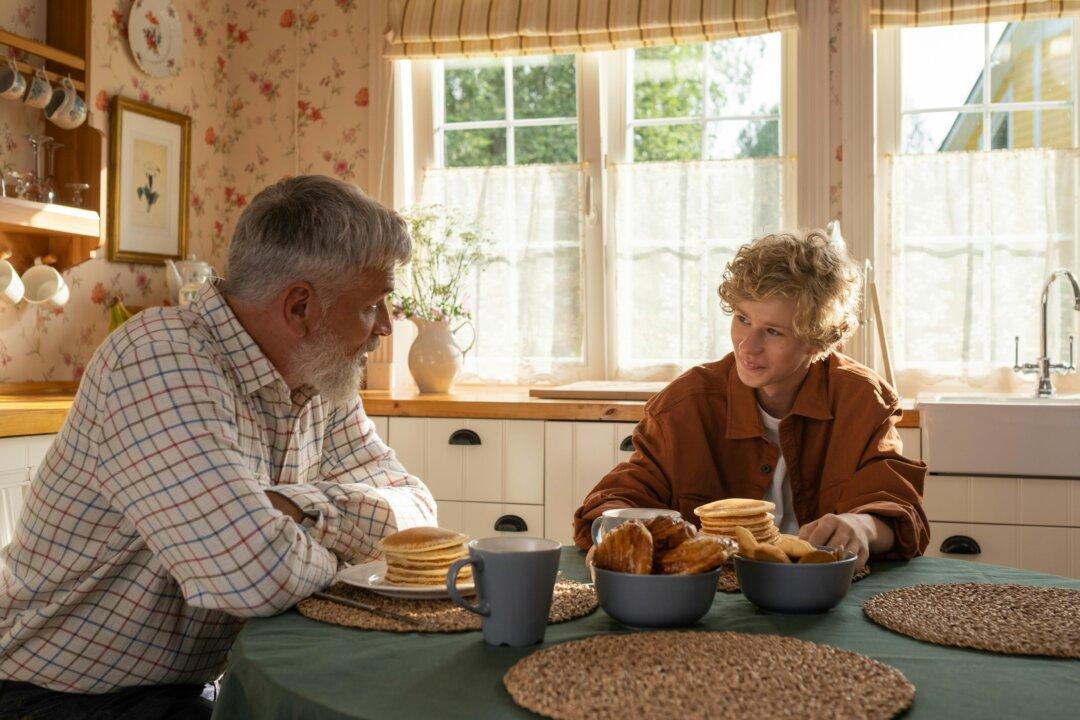I am intrigued by the letters that subscribers write to the young generation and am moved emotionally by many of them.
For half a century, I practiced pediatrics with an emphasis on adolescents and learned many life lessons from them. So many, in fact, that today I want to spin the “What would I tell the young people today” to “What would I tell young people today that I learned from young people yesteryear.”


